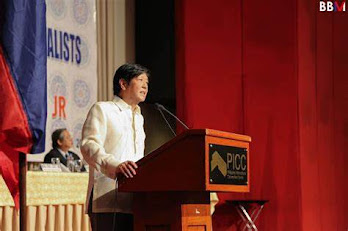The Philippines stands as a beacon of resilience in the global panorama, embodying the indomitable spirit of its people who navigate the challenges of an often harsh world. Filipinos exhibit a remarkable ability to confront adversities, demonstrating strength in overcoming life's tribulations. Their adeptness at maintaining joy and vitality in the face of hardship, coupled with their swift problem-solving skills, defines the essence of their resilience. Through mutual assistance and a commitment to improvement, Filipinos not only weather storms but emerge triumphantly. Yet, some lag in resilience concerning collaboration, action, and proactive recovery approaches, emphasizing the imperative for collective resilience for mental, emotional, and physical growth, both individually and as a society.
Enhancing the resilience of the Philippines involves fortifying the economic landscape through diversification and fostering various industries. This multifaceted approach enables the country to better withstand economic shocks. Strengthening governance is pivotal, promoting transparency, accountability, and ethical practices within the government to cultivate public trust and ensure effective decision-making during crises. Emphasizing sustainable development practices becomes a cornerstone for mitigating the impact of environmental challenges. Moreover, building resilient communities involves active engagement, empowerment, and participation in decision-making processes, coupled with the necessary support to aid recovery.
In essence, a nation's resilience is paramount for enduring and recovering from adversities, whether economic, environmental, social, or political. Proactive measures and effective strategies are instrumental in enhancing a country's resilience, allowing it to respond adeptly and rebound from challenges. Investments in these areas not only facilitate immediate crisis response but also lay the groundwork for long-term stability, growth, and prosperity. The ongoing process of building resilience in a country like the Philippines demands continuous evaluation, adaptation, and learning from both successes and setbacks. This journey towards a sustainable future ensures the well-being and security of its people, crafting a narrative of enduring happiness and prosperity.

.jpeg)






.jpg)





